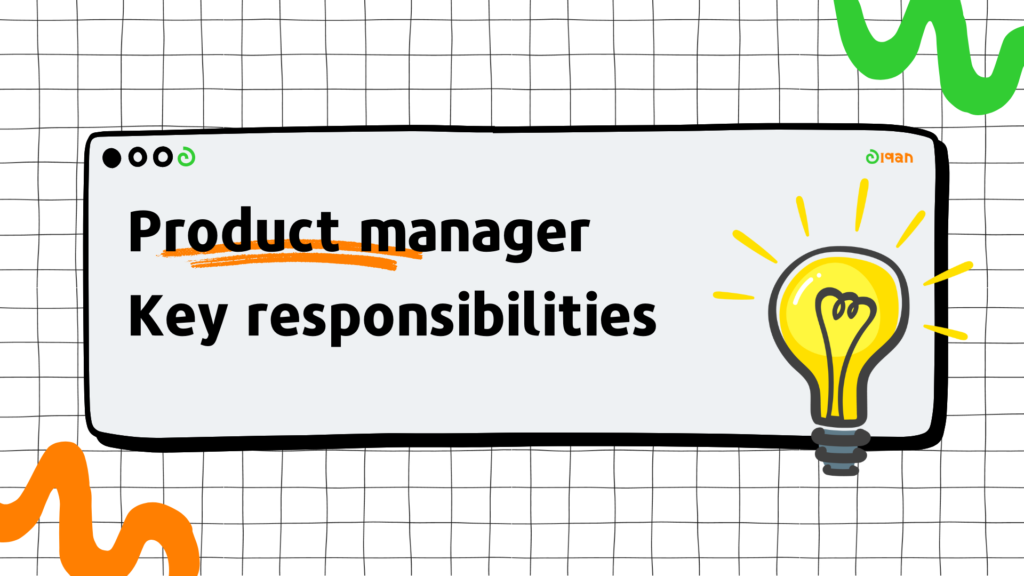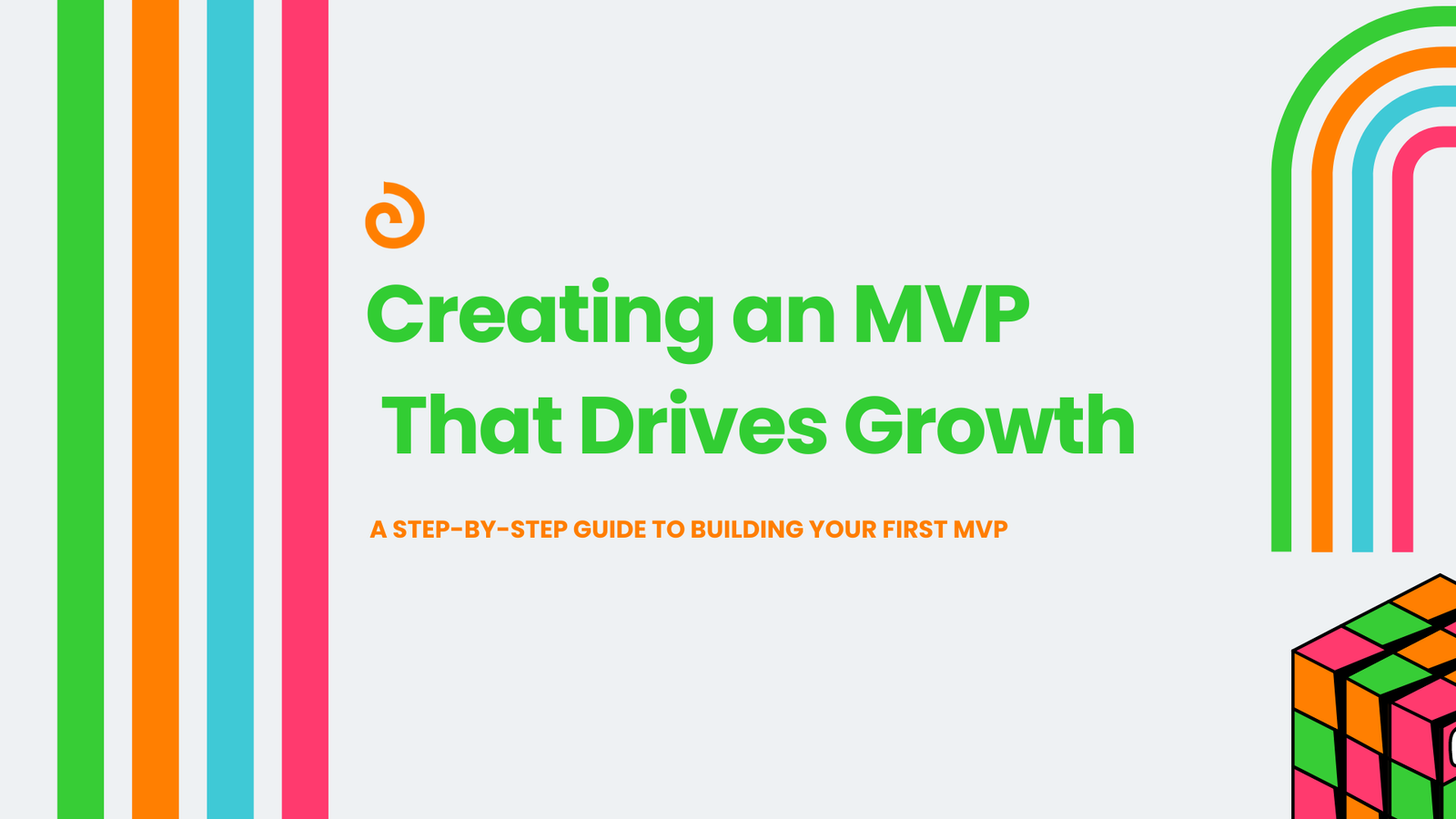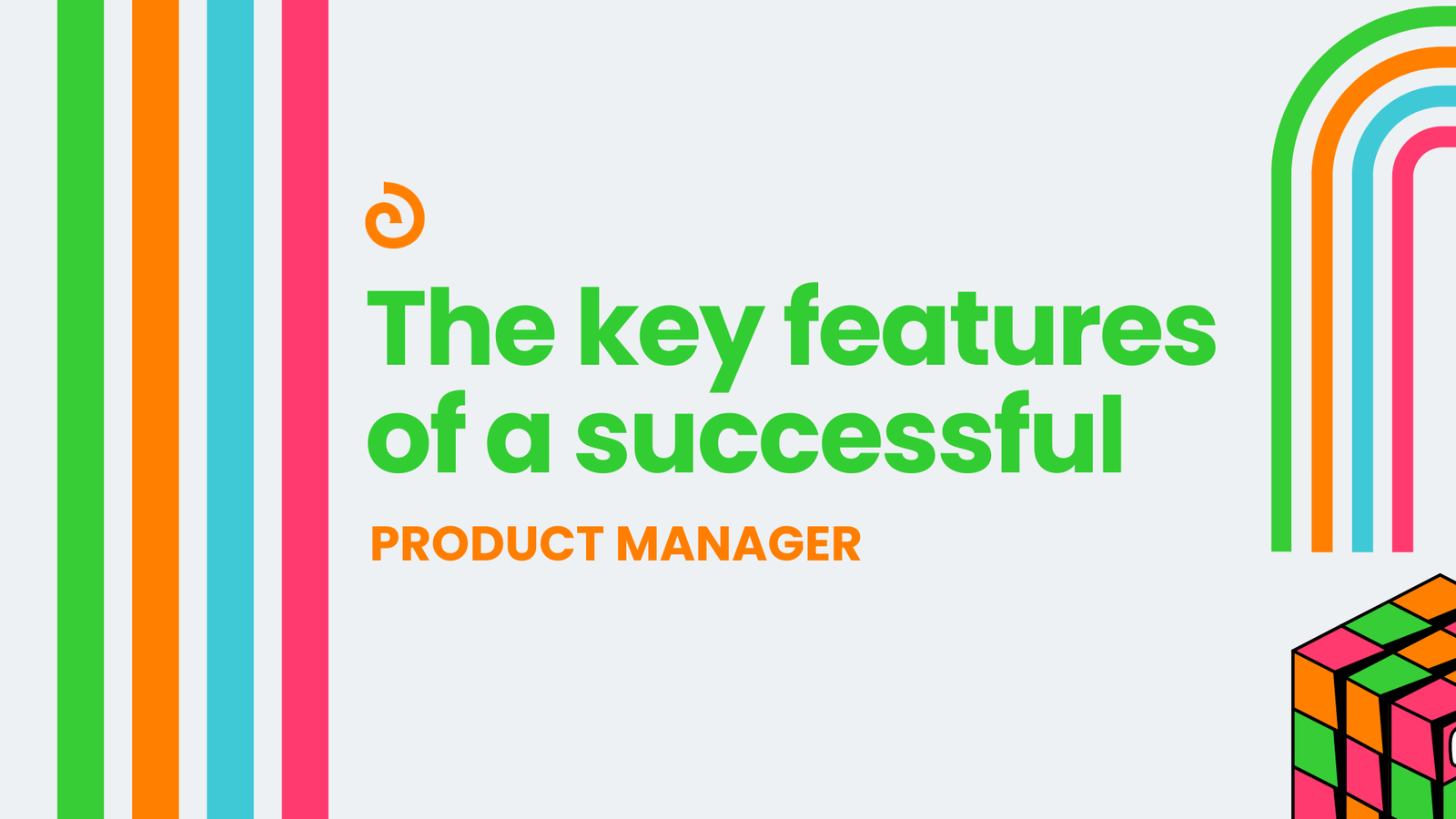You’ve been hearing all the buzz about product management, wondering if it could be the right career move for you. We get it – product managers are in high demand as companies scramble to build the next big thing. But what exactly does a product manager do day-to-day? What skills and experience do you need to land that coveted PM role? And how do you manage a team while balancing all the demands of the job? In this insider’s guide, we’ll break down everything you need to know about product management in 2024, from key responsibilities to must-have qualifications. You’ll get the inside scoop on leading projects, working with cross-functional teams, and leveraging the latest PM software tools. By the end, you’ll know whether you have what it takes to become a successful product manager in today’s fast-paced tech world.
Agile product management principles are essential for modern product managers to respond quickly to user feedback and deliver value continuously.
So let’s dive in!
Table of Contents
ToggleWhat Is Product Management in 2024?
Product management in 2024 requires a unique combination of business, technical, and soft skills. As a product manager, you’ll work with cross-functional teams to determine a product vision and roadmap based on customer needs and business priorities. Product management encompasses driving development, market launch, continual support and improvement of products, determining a product’s overall purpose, communicating product objectives, and focusing on higher-level strategy while separating tactical elements to project managers. Key responsibilities include:
Conducting market research to identify customer pain points and product opportunities
Defining the product vision and roadmap based on business priorities and customer feedback
Working with engineers to specify product requirements and user stories
Coordinating with designers to define the overall user experience
Managing the product lifecycle from concept to launch
Analyzing product metrics and customer feedback to optimize the product
To succeed as a product manager in 2024, you’ll need a growth mindset, curiosity about new technologies, and a passion for solving customer problems. Strong communication, critical thinking, and stakeholder management skills are essential. Additionally, the role of a technical product manager emphasizes the need for technical understanding and close collaboration with engineering teams on core specifications and product functionality. Knowledge of popular product management tools will also come in handy.
The role of a product manager is challenging yet rewarding. You get to shape the products that shape the future and have a meaningful impact on customers and businesses alike. While the specific technologies, tools, and methodologies may evolve, the core mission of a product manager — to build products people love — will endure. If you’re passionate about creating innovative solutions to complex problems, product management could be the perfect career path for you.
Why Do Companies Need Product Managers?
As companies become more focused on building products that customers love, the role of the product manager has become essential. Product managers serve as the voice of the customer and help steer the product development process. The product development team plays a crucial role in building a working version of the product and ensuring core functionality meets market needs.
Product managers are responsible for aligning product development with the overall business strategy.
They work with cross-functional teams including engineering, design, marketing, and sales to determine what features and solutions will drive the most value for customers. Good product managers have a combination of business savvy, technical skills, and user empathy that allows them to make strategic product decisions.
Some of the key responsibilities of a product manager include:
Conducting user research and market analysis to identify customer needs and new product opportunities
Defining the product vision and roadmap
Prioritizing features and functionality based on customer impact and business value
Leading the product design and development process with engineering and UX teams
Analyzing key metrics and customer feedback to optimize the user experience
Communicating the product strategy across the organization
Executing the product lifecycle and ensuring the product vision is realized, similar to the role of a product owner in Agile organizations
Differentiating between product management and project management, where the product manager sets the product vision and strategy, and the project manager ensures its execution on time and within budget. In smaller to midsize companies, one individual might take on both roles.
With the rapid pace of technological change, companies need product managers to help them build solutions that stay ahead of trends and competition. Product managers have to understand the latest tools, software, and innovations that can be leveraged to solve customer problems in new ways.
At the same time, they have to manage the challenges of aligning stakeholders, balancing technical constraints with customer needs, and navigating organizational politics.
It’s not an easy job, but for the right person, being a product manager can be an extremely rewarding career.
Key Skills and Qualifications for Successful Product Managers
To thrive as a product manager in 2024 and beyond, you’ll need a diverse set of skills and qualifications. At their core, successful product managers are curious, empathetic, and driven to solve complex problems. Agile product managers are crucial for responding quickly to user feedback and delivering continuous improvement.
Strong soft skills, emotional intelligence, and the ability to negotiate and resolve conflicts are must-haves. Product teams can reconfigure themselves to respond to opportunities more dynamically and drive rapid innovation when freed from bureaucratic oversight.
Technical Aptitude
While you don’t need to be an engineer, you must be able to speak the language of your technical teams and understand software systems. Stay on top of emerging technologies in areas like artificial intelligence, augmented reality, and blockchain to see how they might apply to your products.
Data-Driven Decision Making
As a product manager, you need to be highly analytical and data-driven. Monitor key metrics and user feedback to gain insights into how your products are performing and how they can be improved. Tools like Google Analytics will help you gather and analyze data to support your decisions.
Cross-Functional Collaboration
Product managers sit at the intersection of many teams—engineering, design, marketing, support, and executive leadership. You must be an effective communicator and able to collaborate across functions, facilitating discussions and driving alignment on priorities. Strong soft skills, emotional intelligence, and the ability to negotiate and resolve conflicts are must-haves.
Agile Methodologies
Most technology companies have adopted agile methodologies like Scrum or Kanban to manage software development. Agile software development is a key aspect of agile product management, applying principles of continuous improvement to building and delivering products. As a product manager, you’ll need to be well-versed in agile principles and able to serve as a ScrumMaster, leading your cross-functional team through sprint planning, daily standups, reviews, and retrospectives. Knowledge of project management tools like is useful.
Growth Mindset
The field of product management is constantly evolving. Successful product managers have a thirst for learning and continuously expand their knowledge. Pursue ongoing education through courses, conferences, blogs, books, and networking. A growth mindset will ensure your skills and expertise stay relevant in the years to come.
With the right skills and mindset, you can have a long, impactful career as a product manager, shaping the digital products of the future. The key is to never stop learning, improving, and adapting to change.
Product Management Responsibilities: Team Management, Roadmaps, and More
As a product manager in 2024, your responsibilities extend far beyond just managing the product roadmap. You are essentially the CEO of your product, responsible for its success or failure in the market. This means overseeing all aspects of the product, including:
You lead and motivate a cross-functional product team, including engineers, designers, and others. Product teams can take ownership and drive rapid innovation when freed from bureaucratic oversight.
Conducting market research to understand customer needs and market trends.
Defining the product vision and strategy, ensuring alignment with business goals.
Collaborating with stakeholders to gather requirements and prioritize features.
Managing the product lifecycle from concept to launch and beyond.
Analyzing product performance and iterating based on feedback and data.
Leading Your Team
You lead and motivate a cross-functional product team, including engineers, designers, and others. You make sure everyone is aligned on priorities and timelines, resolve any conflicts, and ensure work is progressing. You also advocate for your team and make sure they have the resources they need to build a great product.
Developing the Product Roadmap
The roadmap outlines the vision and direction for your product. You determine what features and improvements to build now and in the future based on customer needs, business goals, and technology trends. The roadmap helps ensure everyone is working towards the same end goals and that the development process stays on schedule. Collaborating with the development team is crucial to ensure the roadmap aligns with technical capabilities and timelines. You present the roadmap to executives and stakeholders to keep them informed and get buy-in.
Conducting Customer Research
To build a product people want and need, you have to understand your customers. You conduct interviews, surveys, focus groups, and analyze product usage data to determine customer pain points, desires, and behaviors. You then use these insights to inform decisions around new features and improvements.
Monitoring Key Metrics
As a product manager, you establish key performance indicators (KPIs) and metrics to measure the success of your product. This could include metrics like monthly active users, conversion rates, customer satisfaction scores, sales, or other relevant metrics. You monitor these metrics regularly and make adjustments to the product roadmap as needed based on what the data is telling you.
The role of a product manager is complex with many responsibilities, but ultimately rewarding. At the heart of it, you get to shape the future of a product and see your vision come to life. By leading your team, developing a thoughtful roadmap, conducting customer research, and monitoring key metrics, you set your product up for success in an increasingly competitive market. The future of product management in 2024 and beyond is a bright one.
Essential Product Management Tools in 2024
To effectively manage products in 2024, you’ll need to leverage various software tools. Here are some of the essentials in a product manager’s toolkit:
These tools allow you to organize product roadmaps, prioritize features, allocate resources, and ensure work is progressing as needed. Additionally, a project manager uses these platforms to ensure the product vision is executed on time and within budget.
Project Management Platform
A robust project management platform like Olqan, Trello or Jira is key for keeping tabs on timelines, tasks, and workflows. These tools allow you to organize product roadmaps, prioritize features, allocate resources, and ensure work is progressing as needed. Project managers play a crucial role in using these platforms to ensure the product vision is executed on time and within budget. With many stakeholders and moving parts, a dedicated project management tool is a must.
Design and Prototyping Tools
Tools like Figma and Sketch empower product managers to collaborate with UX designers and quickly build low- and high-fidelity prototypes. These make it easy to get feedback, test concepts, and ensure a shared vision of the end product. Prototyping early and often leads to building products that truly meet customer needs.
Analytics and Data Visualization
Product managers in 2024 will rely heavily on data to drive decision making. Analytics tools like Google Analytics will provide insights into how customers are using your products. Data visualization tools take analytics a step further by transforming raw data into easy-to-understand charts, graphs, and dashboards. These tools enable you to spot trends, identify areas for improvement, and make data-backed arguments for new features or changes.
Collaboration and Communication Tools
Effective collaboration and communication are at the heart of product management. Tools like Olqan, Slack, and Zoom facilitate constant collaboration with cross-functional teams. Slack offers a central place for conversations and quick updates, while Zoom provides an easy way to hop on video calls, On the other hand, Olqan has integrated both of them in one place, therefore you are able to use them effectively. Using these tools, you can keep key stakeholders engaged and aligned around product vision and goals.
With the right tools and systems in place, product managers in 2024 will be empowered to build amazing products. But never forget that behind all the software are people—and fostering human connections is the most important tool of all.
So there you have it, a quick look at product management in 2024. You now know that product managers are key strategic leaders who understand customers, guide development, and align teams to build successful products. With qualifications like business knowledge, technical skills, and people leadership, you’re equipped to handle the dynamic challenges. And with the right tools and systems, you can strategize, prioritize, and execute seamlessly. Though the role is complex, it’s rewarding to ship products that customers love. If you’re interested in leading initiatives from concept to launch, product management could be an exciting career path for you. With this overview, you can decide if it’s the right fit. Either way, understanding product managers will help you collaborate across teams and drive shared success. Additionally, product marketing plays a crucial role in defining the product and contributing to go-to-market strategies, working closely with the product management team.





